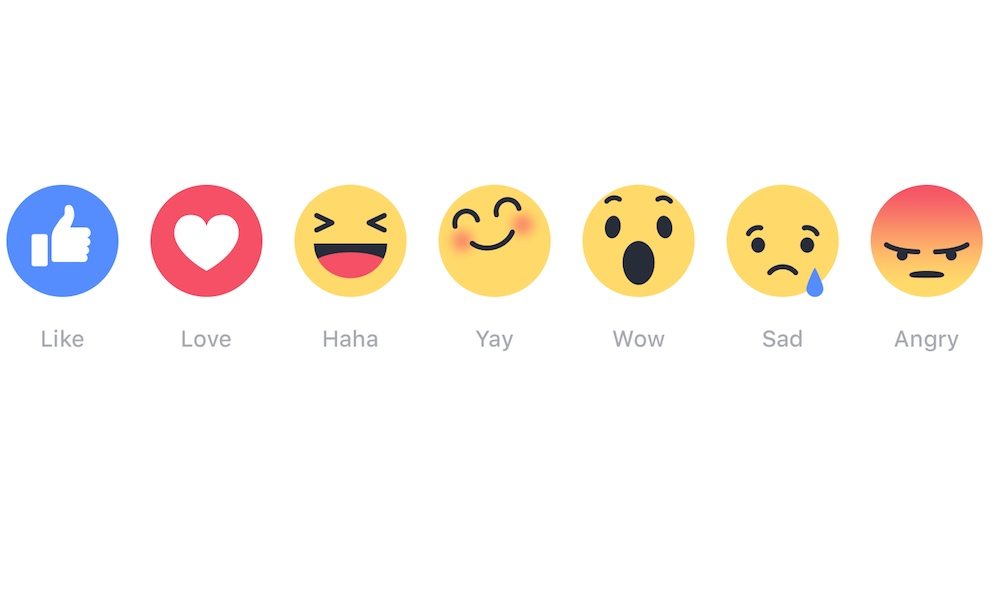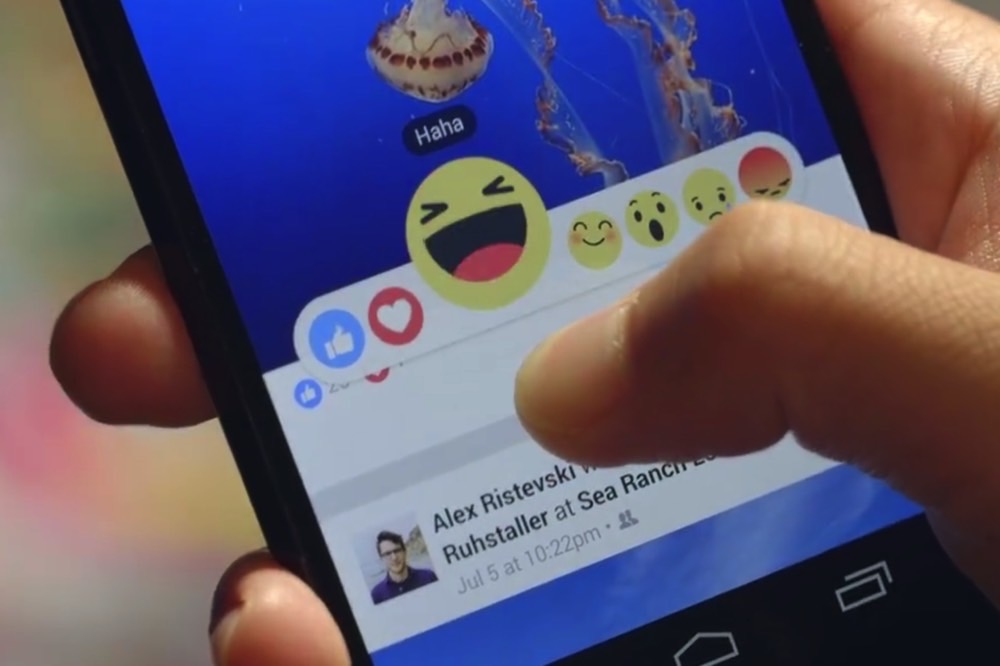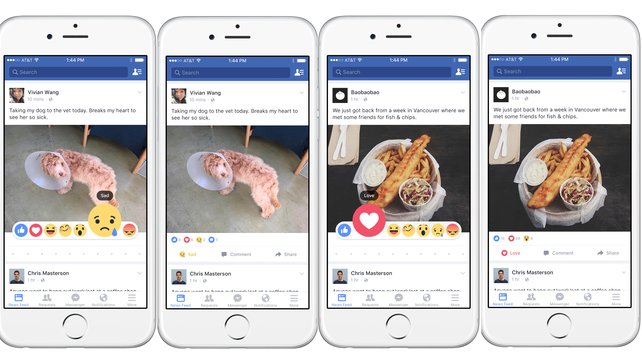Why Facebook’s New “Like” Options are Crucial for Friends and Businesses

Toggle Dark Mode
By now, everyone has gotten used to the Facebook “like” button. While at this point, people are likely used to using the same reaction for “I got a new job!” as they do for “My grandmother just died”, there can be no doubt that the “like” button is extremely one-dimensional.
After years of requests for a “dislike” button, and after over a year of testing different alternatives, Facebook finally rolled out different status “reactions” worldwide today. Facebook has been testing out seven different “reaction” emoji in Spain and Ireland since last October.

Users in both countries have been able to “like” a status update, post, or comment, but they have also had the ability to respond with “love”, “haha”, “yay”, “wow”, “sad”, and “angry” for over four months now.
The testing phase was then rolled out to five other countries – Chili, the Philippines, Portugal, Colombia, and Japan. Facebook claims that the reaction emoji have proved themselves to be popular in all of their test markets, and users have used the emoji similarly in each market. Confident that the emoji are “universal”, today they are rolling out the emoji worldwide. Although the “yay” emoji didn’t make the final cut, the other six are now available for use on Facebook.

According to TheVerge, Tom Alison, director of engineering for the Facebook News Feed, said “everyone’s had one of these posts in the News Feed where they’re like, I want to respond in some way, but ‘like’ doesn’t feel appropriate at all.” Facebook spent time analyzing one-word comments that people most often left on their friends’ posts.
The reaction emoji are available for both personal and business pages. Users can take advantage of the new reactions by either holding down the “like” button on a mobile device or tablet, or hovering over the icon on the desktop.
While the new reactions are nice for users who would like a more diverse way to express themselves on their friends’ posts, Facebook also hopes that the new emoji present “an opportunity for businesses and publishers to better understand how people are responding to their content on Facebook.”
Learn More: 10 Facebook Messenger Tricks You Didn’t Know






